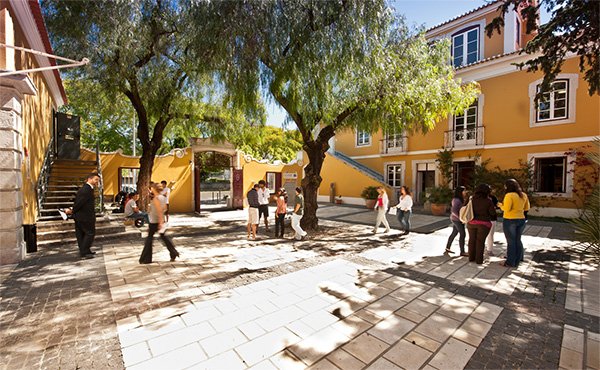
Scheduled to begin in January 2025, "Challenge.EU" provides overall funding for four years of more than 8 million euros, of which more than €600 has been allocated to the Universidade Europeia group in Portugal.
The initiative of European universities under the Erasmus+ program aims to create a more integrated and cohesive European Education Area, facilitating transnational cooperation and promoting academic excellence. This effort is part of a broader vision of the European Union to strengthen higher education and make European universities more competitive at a global level. This particular alliance also promotes regional innovation through collaboration between students, academics, researchers, businesses and civil society organizations.
"We are very proud of the result of this application to the European Universities. It's recognition that we're doing a good job and that the Universidade Europeia's academic model is in line with the best in the higher education sector in Europe. At the same time, it's an opportunity for our students to further expand their horizons, enrich their training and add value to their curriculum for a business market that is increasingly considering international experience," says Hélia Gonçalves Pereira, rector of the Universidade Europeia.
The CHALLENGE. EU alliance brings together leading institutions from across Europe, including the Hochschule Offenburg (Germany), Ecam La Salle (France), the Universidade Europeia of Lisbon (Portugal), the Latvia University of Life Sciences and Technologies (LBTU) (Latvia), the Mid-Sweden University (Sweden), the University of Applied Sciences Northwestern Switzerland (Switzerland), the Southestern European University (North Macedonia), the Universidad Europea de Valencia (UEV) (Spain), the University of Warmia and Mazury (Poland).
The "European Universities" initiative aims to strengthen the international competitiveness of European universities and promote European values and identity. This initiative will facilitate long-term strategic cooperation between higher education institutions, promoting innovative research and education strategies to better address society's challenges.
The total number of participants has risen to 64 and now includes more than 560 higher education institutions from all over Europe. This achievement fulfills the European strategy for universities of establishing at least 60 alliances involving more than 500 universities by mid-2024.